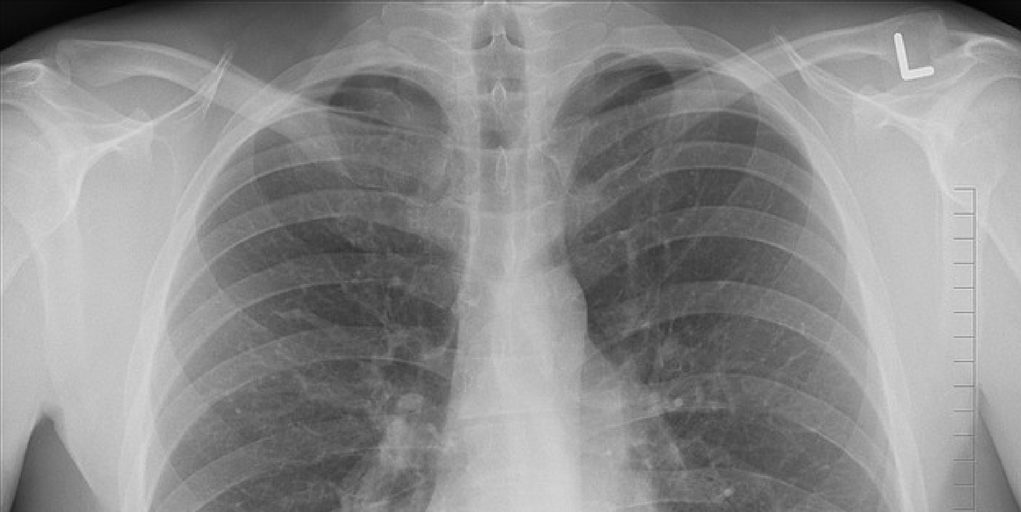Following up on these same COPD patients two years later, the current study, “COPD smokers who switched to e-cigarettes: health outcomes at 5-year follow up,” found that the vaping group continued to experience health improvements. They reported a reduction of about 50% in flare ups, a significantly improved cardio-respiratory health, and increased exercise ability and quality of life.
The recent study managed to compile complete data from 39 participants—19 in the COPD smokers control group and 20 in the COPD e-cigarette user group. The research team also reported “significant and constant improvements in lung function [and] CAT scores” (a health questionnaire used for COPD patients) in the vaping vs the control group. “E-cigarettes can be a massive remedy for COPD and this is important for physicians, patients and their caregivers,” concluded the study.
Only 4 of the participants who had switched went back to smoking
Another significant finding is one that indicated the effectivity of vaping products as smoking cessation tools: only four vapers, (16.7% of the larger initial group) returned to smoking over the duration of the study.
“The most important finding of the study is that COPD patients can abstain from smoking cigarettes indefinitely if suitable substitution is available,” Dr. Polosa told Filter. “E-cigarettes can be a massive remedy for COPD and this is important for physicians, patients and their caregivers. The study confirms that ‘harm reversal’ is achievable and that it can be maintained for years. We are telling the world that substantial health gains are within reach when substituting deadly tobacco cigarettes for vaping products.”
The fact that most participants were in their 60s is a significant factor
“Participants were on average about 65 years old. This study gives support to the idea that older smokers switching to e-cigarettes can improve their health and potentially slow the effects of COPD. … Ideally, larger-sample studies will be completed that replicate these findings My clinical experience tells me that—quite surprisingly—most COPD smokers don’t have a good reason to quit,” she explained.
Polosa concurs, he also pointed out that COPD patients are normally resistant to smoking cessation programs. Hence, these findings are all the more significant. “My clinical experience tells me that—quite surprisingly—most COPD smokers don’t have a good reason to quit,” said Polosa. “At their age and with their debilitating condition, they don’t have much to hope for but a good cigarette! They are well aware that smoking cigarettes is bad for their COPD, but the consolation from smoking appears to be far greater than any health benefit from stopping smoking.”
Studies linking vaping to lung disease
Meanwhile, multiple studies keep linking vaping with lung disease, most of which are deeply flawed. One such study, titled, “Association of E-Cigarette Use With Respiratory Disease Among Adults: A Longitudinal Analysis,” had reported that adults who used e-cigarettes at baseline and had never been diagnosed with lung disease, were more likely than non-vapers at baseline, to be told that they have lung disease after a three year of follow-up.
Commenting on the study, renowned anti-smoking and public health expert Dr. Michael Siegel had explained that it “is deeply flawed.” He pointed out that jut like other studies making similar claims, the study fails to take into account something really obvious. The main reason why most people start vaping, is to quit cigarettes. Therefore vapers who don’t currently smoke are most likely ex-smokers, meaning that they are of course likely to develop respiratory conditions.
“…It fails to consider the most likely explanation for the study findings: that people who use e-cigarettes more likely have a history of more intense smoking than people who do not use e-cigarettes. For example, one study found that while only 21% of adult smokers who did not vape were heavy smokers, 68% of adult smokers who did vape were heavy smokers (or had been heavy smokers),” said Siegel.
The Canadian Vaping Association Responds to Study Linking E-Cigs to Lung Injuries












